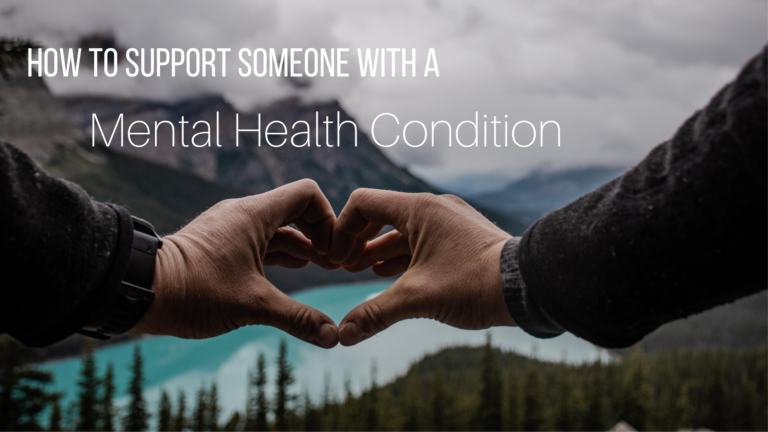
More than likely you know someone with a mental illness or mental health condition
That’s a beautiful gift to have, because these are the gentle souls, the wounded birds, the big lovers, the ones who are as human as they can possibly be.
Too often those with a mental health condition hide it from the world. They are ashamed, or afraid of the response they will receive for discussing what plays a major roll in their everyday life.
The media has painted a picture of mental illness as the criminally insane, but quite honestly you can’t always see mental illness. More than likely you encounter someone with a mental illness and have no idea. They have become a master of disguise, doing whatever it takes to blend in. They have learned to hide from the world on the days in which they can’t blend in.
For someone with a mental illness it can be very isolating. They are afraid of what others will think and the response from sharing about their struggles.
That needs to change.
Here are some suggestions for supporting someone with a mental illness or health condition:
1. When they tell you about their condition PLEASE respond kindly. If possible this is the best way:
“Thank you for trusting me with that. I am here for you.”
Truthfully this is the best way to respond to someone telling you about their condition.
This allows the person to immediately feel seen, heard and accepted.
Whether you understand their condition or not it is VITAL that the person feels accepted upon opening up.
2. You may ask them if they would like to share about their illness.
At first they may feel embarrassed to talk about it. Allow them to open up as they feel comfortable. The best thing you can do is create a safe space for them. This will allow the person to get comfortable talking about their illness with someone who does not have a mental illness.
3. If your friend goes silent, check in on them. Don’t pry, just send a text saying “was thinking of you”
This is a super simple way to remind them that they are not alone, and do in fact have people who care.
4. Ask them if there is anything you can do to support them as a better friend.
This is huge, because often the person will feel entirely alone. A gesture like this reminds them, that they are loved, even with their mental health condition.
5. Do some research on their condition.
NAMI is a great website with credible information.
This will help you to better understand your friend, their triggers and what they go through. Although their condition will likely not be identical to what you research it gives you a solid base of information, and will allow your friend to open up on their own terms.
Now here are some things that you may not even realize you do, but are our natural human instincts. Try your very best to not do these things, as they leave the person feeling less than, and as though they are in fact a problem.
1. Think they need fixing
Our human nature is to want to help, to care for someone in pain. This is not a situation that you can fix, or should try to fix. Any hint of trying to fix the person will lead them to believe that they are a problem and do in fact need to fix themselves.
(Believe me they have tried, and worked hard to accept themselves.)
2. Try to rationalize why they have this illness.
What you understand about their illness may not be entirely accurate. The illness as you know may not be how it presents in them. Please do not try and therapist them, or understand how they became this way.
Often mental illness is a brain imbalance, and it can be something you are born with. There are life situations that will cause the illness to be triggered, but the imbalances were there to begin.
Try your best to not say, “but you don’t do…” these would be the things that you typically think of with mental illness.
This puts doubt in the persons mind, and makes them question their self, which likely they do very often.